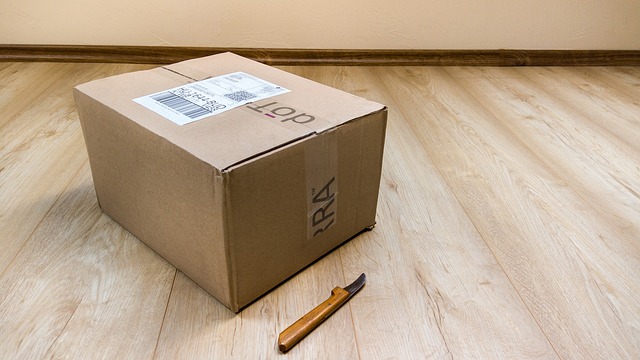The agri-food deal which has been struck by the UK government and the European Union today will free up trade between Northern Ireland and the rest of the UK. Less red tape can only be a positive thing of course, however some critics were more cautious, with, for example, Conservative leader Kemi Badenoch commenting that the UK would once again be taking orders from the EU, and others saying that it was a Brexit betrayal.
The government has struck a deal in order to cut down trade friction and costs to businesses, and this they hope will lead to lower food prices across the board. The new deal will mean that there will be no physical checks on GB food products at the ports in Northern Ireland, however customs declarations will still be required. Hopefully this deal will see a large reduction in the lorry queues that have so blighted many ports since Brexit.
Deal Should Substantially Ease Trade

Here is what John Campbell, the NI economics and business editor at the BBC, wrote about the new deal in an article today on the BBC News website. He wrote:
“The agrifood deal between the EU and UK should substantially ease trade from Great Britain to Northern Ireland.
“The UK has agreed that it will align with EU rules on agrifood which will mean Northern Ireland and Great Britain return to following the same set of rules.
“That will mean food being shipped from Great Britain to Northern Ireland will no longer need the paperwork and checks which have been in place since 2021.
“The deal needs to be finalised as a legal text, which could take several months, with any implementation likely be to next year at the earliest.
“The deal will also cover the trade in horticultural products like seeds and garden plants.
“Northern Ireland’s current trading arrangement came about as the result of a Brexit deal between the EU and UK in 2019, which was revised in 2023, and is now known as the Windsor Framework.
“They agreed that the most practical way to keep the border open between Northern Ireland and the Republic of Ireland was for Northern Ireland to follow many EU laws on the regulation of goods.
“However this means that goods coming from the rest of the UK into Northern Ireland face checks and controls to ensure they meet EU rules.
“This arrangement has become known as “the Irish Sea border”.
“It has had a particular impact on the food industry as Northern Ireland supermarkets are still largely supplied from distribution centres in England and Scotland.
“The new deal should substantially reduce the impact of the sea border for food and plants as there will be no regulatory differences between Northern Ireland and Great Britain. .
“However the deal does not cover the trade in animal medicines which is currently covered by a “grace period”.
“When that grace period ends in December it means Northern Ireland will have to follow EU rules which could lead to disruption of supplies from Great Britain.”
This new deal should be a significant step in the right direction as far as friction-less trade is concerned. The government are always walking a tightrope in a bid to keep all sides of the Brexit debate happy and onside with any changes in regulations. Let us see what the fallout from this particular deal might be before we start getting too giddy!
Leave a Reply
You must be logged in to post a comment.